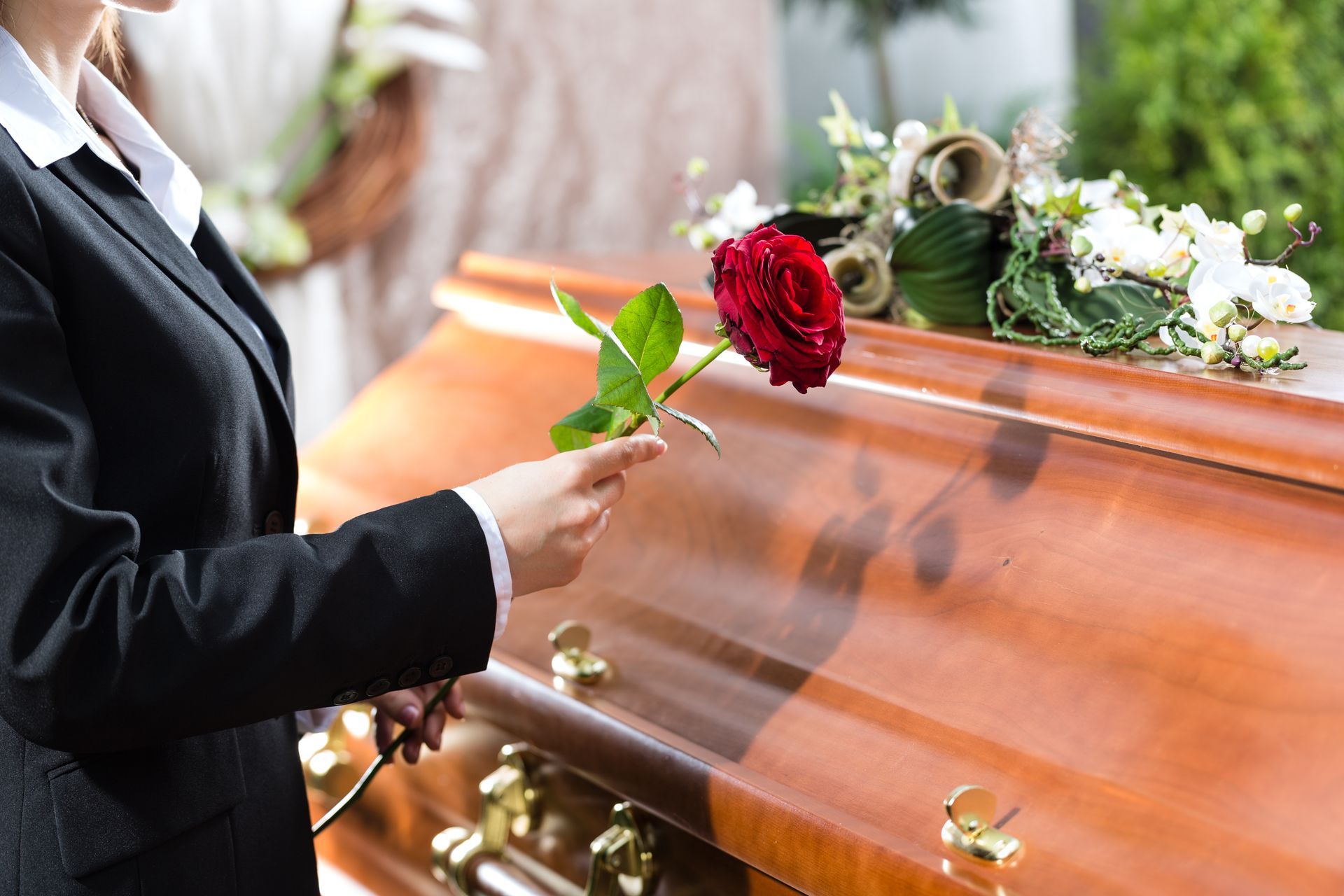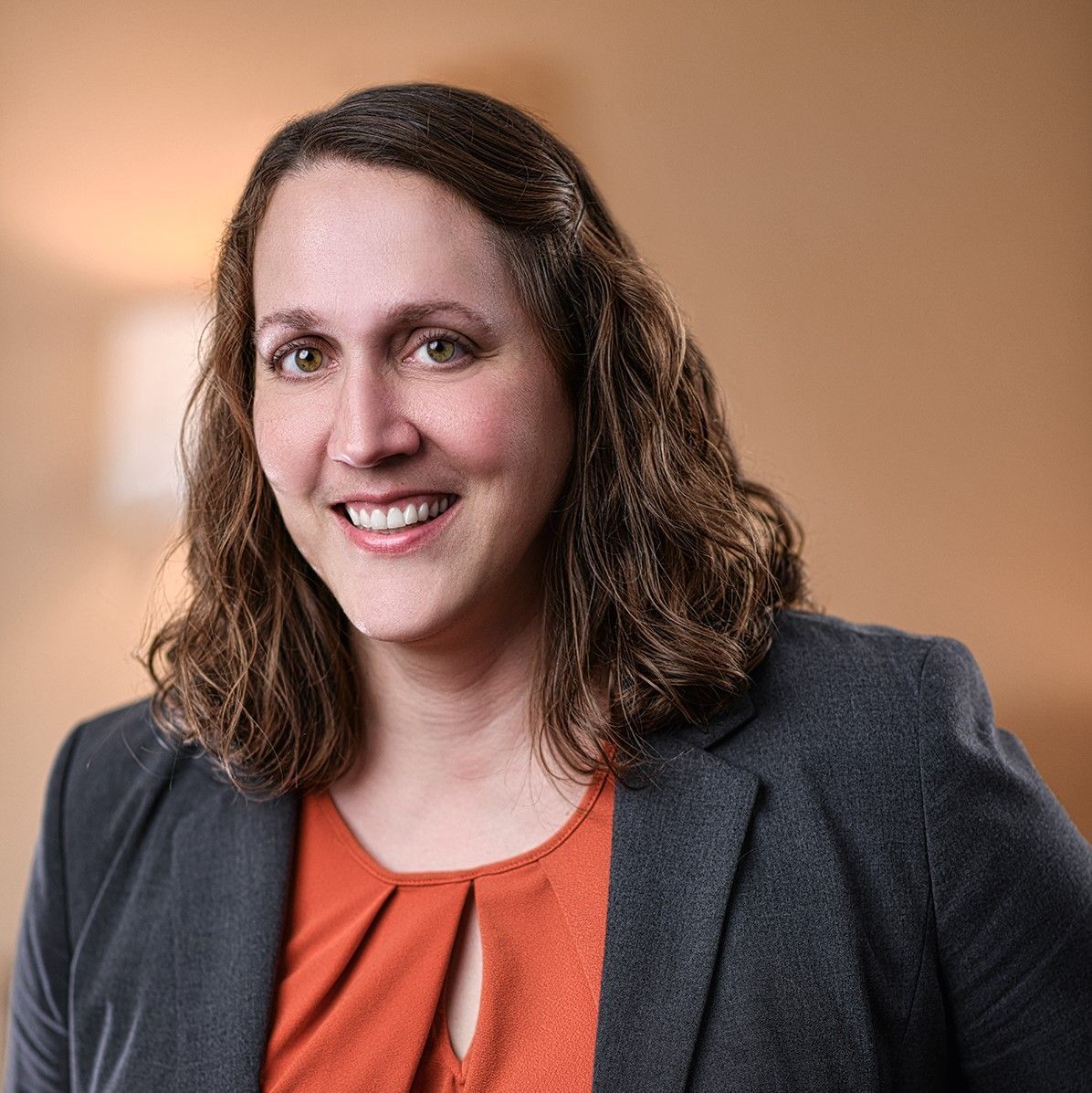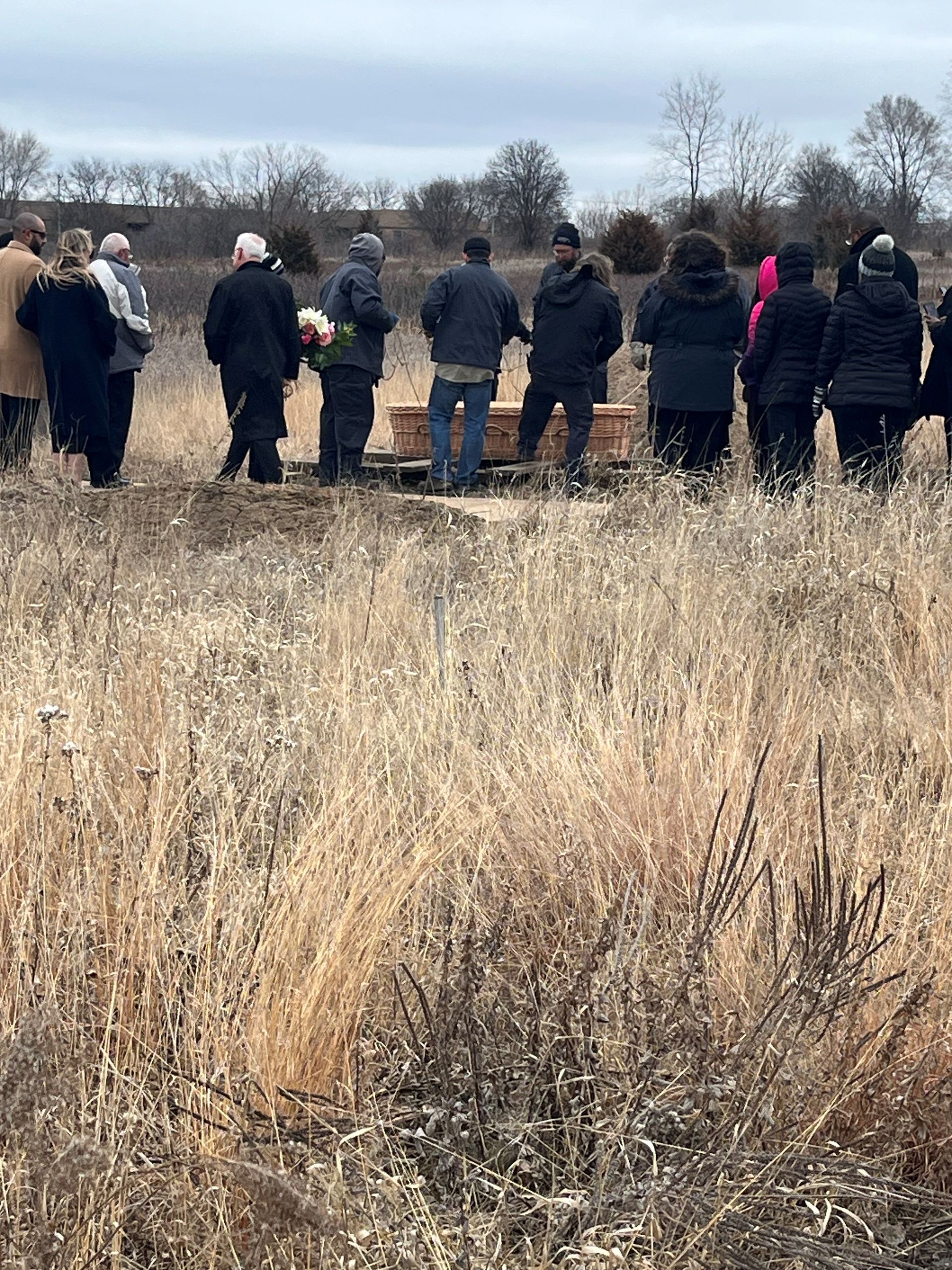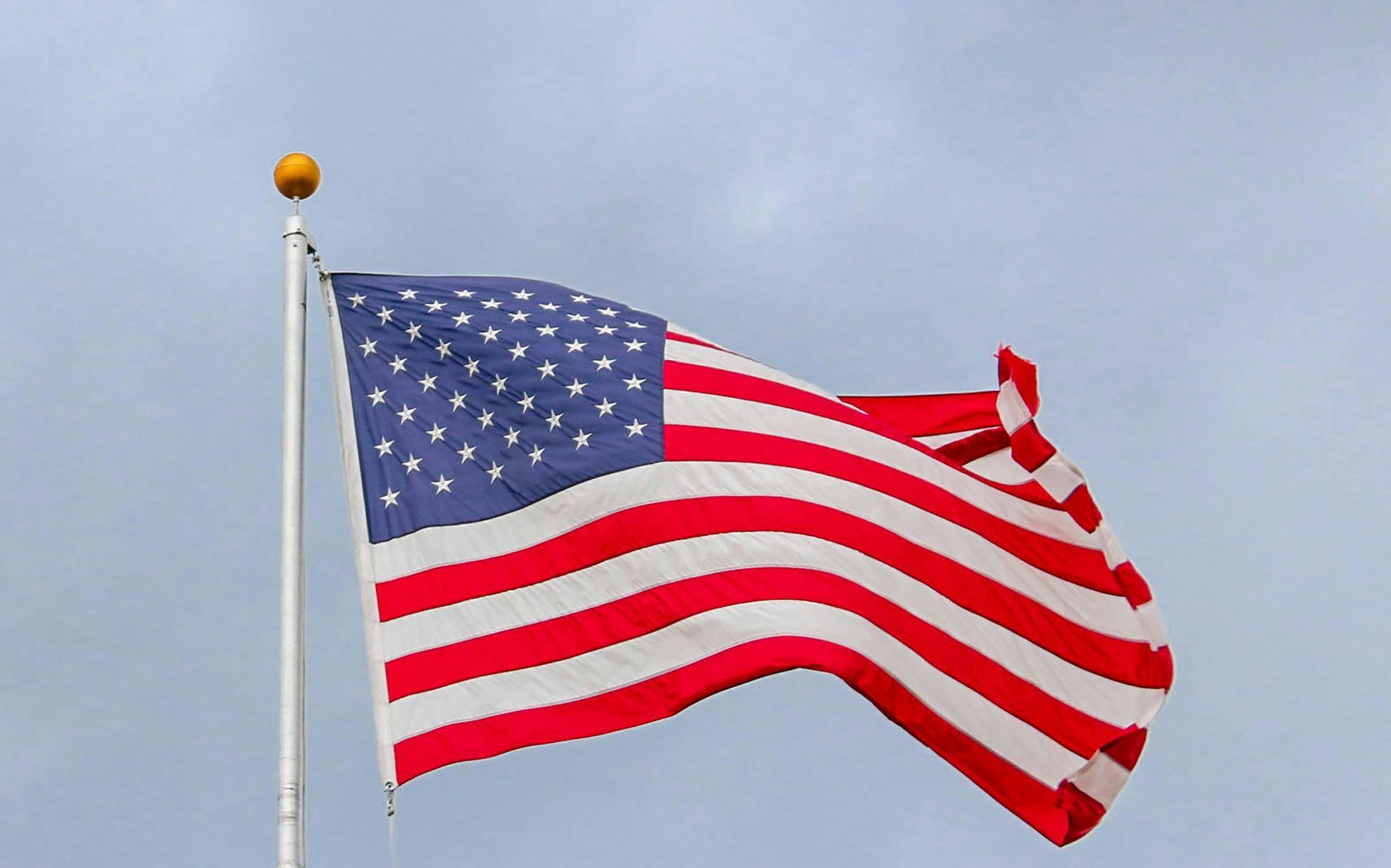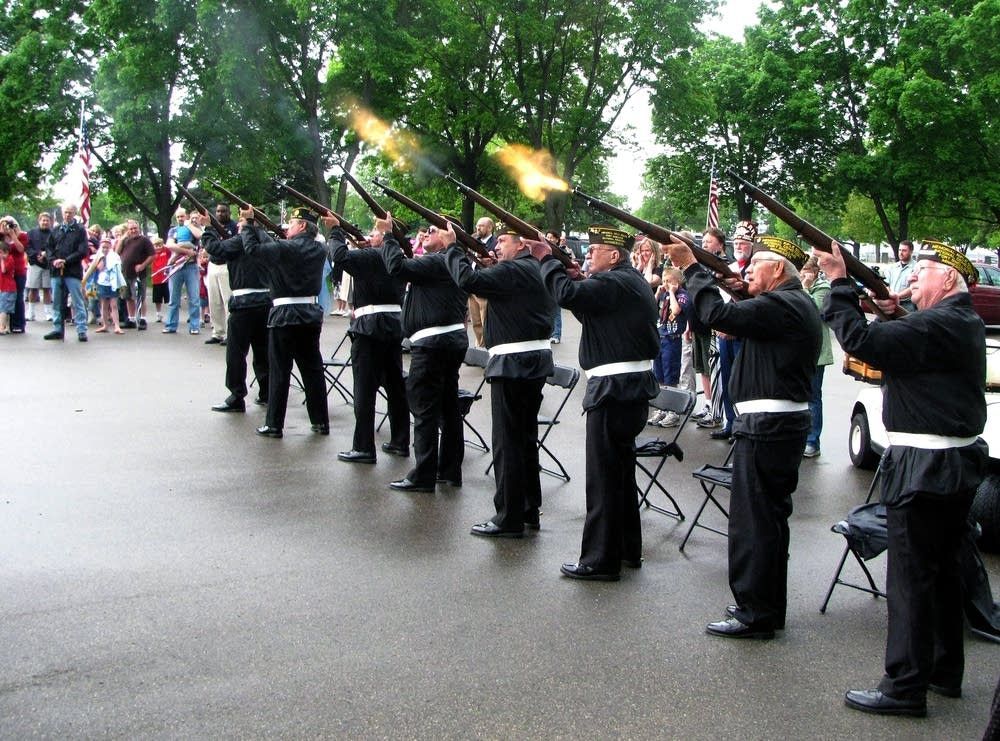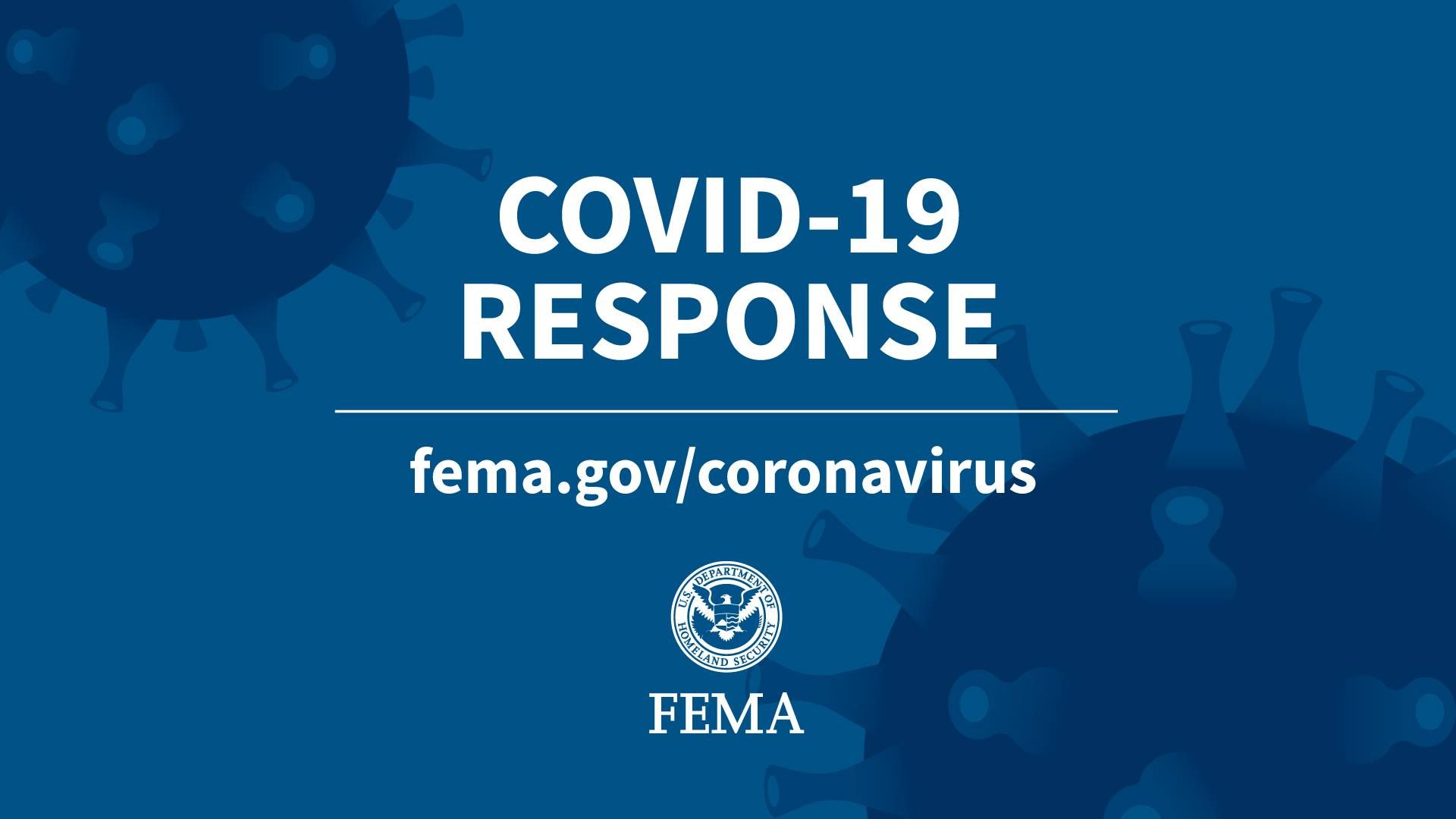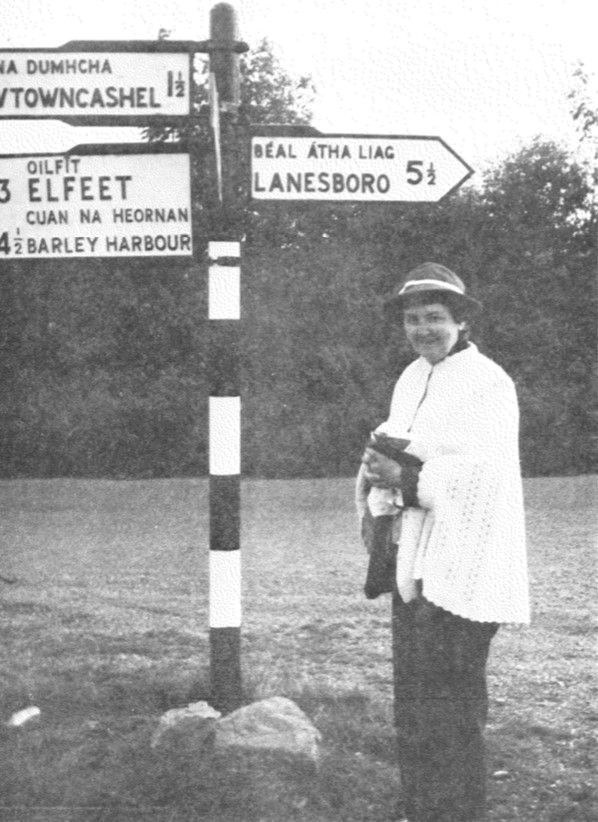New Paragraph
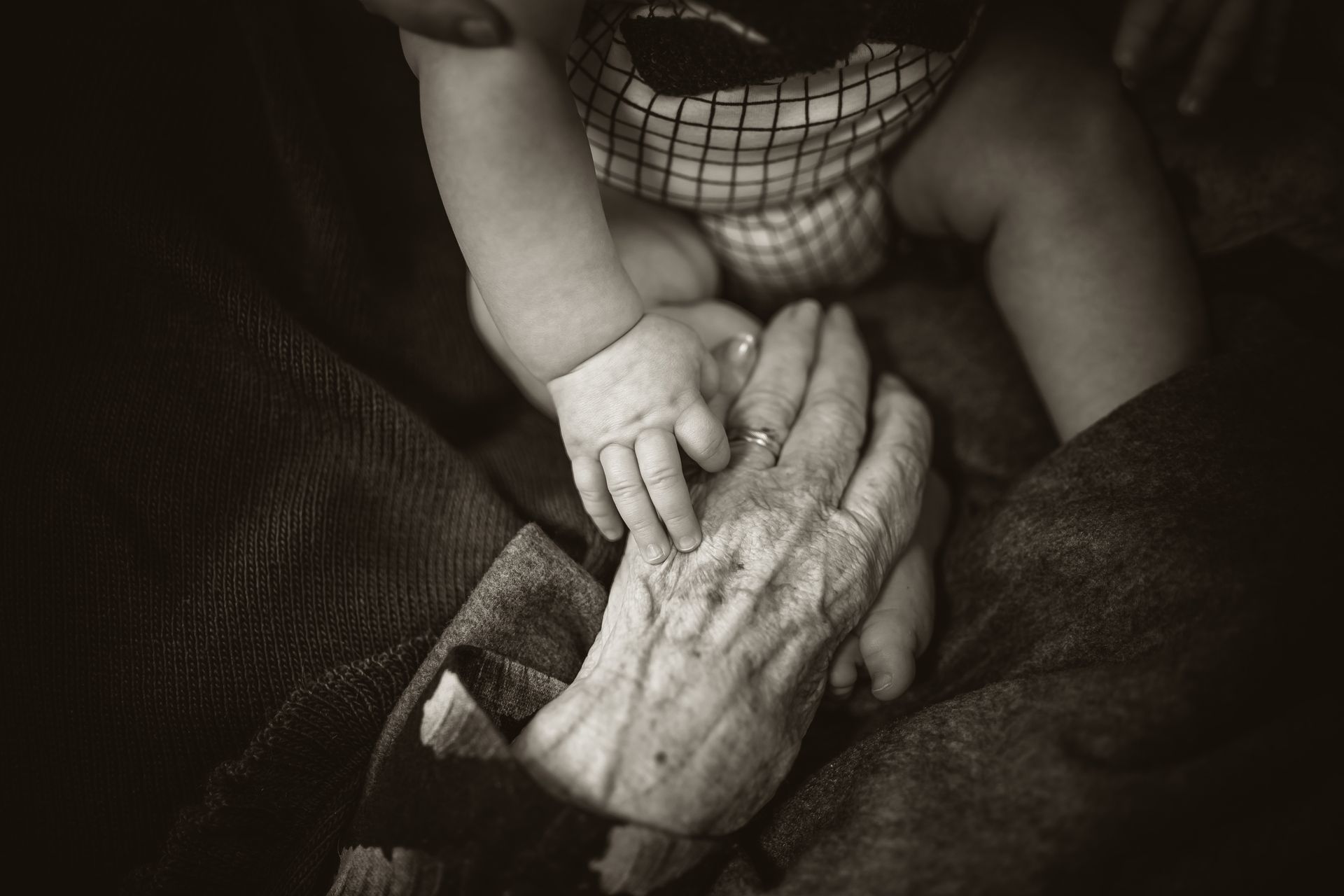
Photo Credit: Rod Long
I responded to a telephone inquiry earlier this week; “My sister has come home to our house to spend her last days with us. She is on hospice. What do we do when her time comes?”
After my explanation it occurred to me that we answer this question often. I decided to do a little research to back up what seems to be increasing year after year; deaths at home instead of at health institutions.
My sources were the Center for Disease Control (CDC) and the New England Journal of Medicine. The CDC reports that 2,813,503 people died in the U. S. in 2019. The percentages of deaths from natural causes at home or in hospice facilities is now approximately 40 % of that total.
Given the research above, It seems worthy of this article to explain what happens with hospice at home.
The modern day hospice movement took hold in London, England with the opening of St. Christopher’s Hospice in 1967. The mission was to provide end of life care in a quiet patient-centered manner void of the heroic lifesaving attempts when it was obviously no longer needed. Hospice services are now available world-wide with many wonderful programs in the Twin Cities such as J.A. Wedum, Our Lady of Peace and N.C. Little Hospices in addition to home hospice services from North Memorial, Allina, Park Nicollet and many more.
Registration of death with the state health department begins with the funeral home completing the online death registration form that becomes the death certificate. When we arrive at a hospital or nursing facility we are given the physician name and contact to enter into the state system. When a person dies at home, that information comes to us from the medical examiner in the county of death.
Sudden, unexpected or unattended deaths at home are the responsibility of the medical examiner. Usually they require the dispatch of the police and ambulance in a 911 type call. Once cleared by the authorities, the medical examiner may call for the body or may send the funeral home chosen by the next of kin.
Hospice deaths at home are handled differently. The hospice program in cooperation with the medical examiner reaches out to the physician caring for the patient. They pre-approve what the doctor will list as the cause of death when the time comes which eliminates the need for emergency personnel at the actual time of death. When death occurs the family calls the hospice program at any hour of the day or night. Hospice calls the medical examiner who refers to the registration to validate the MD’s signature. The ME notifies the funeral home that clearance is given and to contact the family for the arrival time desired.
Home hospice programs allow time to say good-bye, to care for a loved one personally, sometimes to mend fences and reconcile to say good-bye, and often to provide an opportunity for quiet time where family holds a vigil at the bedside. I have entered hundreds of homes over the years and the atmosphere is almost always the same; family and the closest of friends talking about the one recently passed, recounting stories with hugs and often a toast of a cordial as they are carried out.
I recall being at the home of high school friends who followed the gurney bearing their mother. Four daughters with theatrical experience and stage-worthy voices singing the “Ave Maria” as we stepped into lightly falling snow on a crisp early winter evening. It sounded as though the Heavens opened up and the angels were calling her home.
Death in colonial times were always handled at home. Family took care of the patient; bathing and dressing them in their finest and laying them out in their own bed for family and neighbors to call. Known as the ‘wake”, so named because they kept vigil overnight until burial lest they should “awaken” with burial while still alive being a great fear. The hospice movement has revived some of those same rituals, care for the family member at home keeping vigil until the very end. For many grandchildren and the young it is their first introduction to death. Learning that the world changes with the loss of someone significant, that we sit at their bedside often times gently telling them it is okay to let go is a great blessing and an honor too important to miss.

